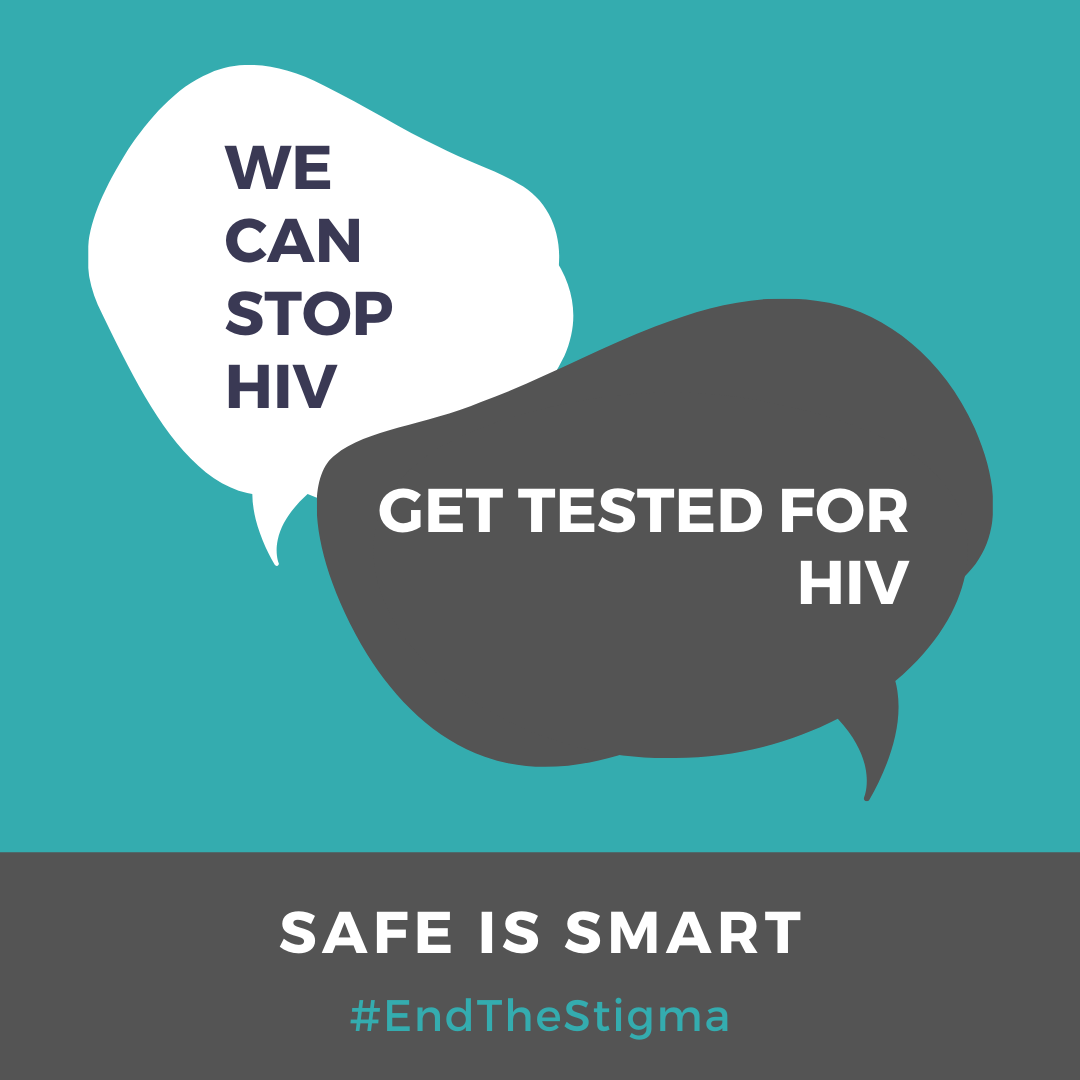HIV (Human Immune deficiency virus) is the most dreaded infection spreads mainly by unprotected sex (including anal and oral sex), contaminated blood transfusions, & needles pricks, and from mother to child during pregnancy, delivery, or breastfeeding. It is easily preventable. HIV infection remains asymptomatic for a prolonged period, it targets the immune system of the person, leading to increased susceptibility to wide range of fatal opportunistic infections like TB, cancers, cryptococcal meningitis, toxoplasmosis, PCP (a type of pneumonia), if untreated may turn into advanced stage of HIV infection called as AID’s (Acquired Immunodeficiency syndrome) within a span of 2 -15 years. HIV infection can only be ruled out by blood tests. There are various types of tests available for the early detection of the HIV infection, and earlier medical intervention can defer the possibility of AID’s and thereby increasing the quality of life. HIV infection is easily prevented and detected by blood investigation.
HIV can be transmitted by coming into contact with infected body fluids, such as blood products, breast milk, semen, and vaginal secretions.
Risk factors for HIV infection:
The individuals with the risk behavior are at the greater risk of HIV infection:
Having multiple sexual partners and unprotected anal or vaginal sex;
- Having sexually transmitted infection (STI) such as syphilis, herpes, Chlamydia, gonorrhea and bacterial vaginosis make more vulnerable for HIV infection.
- Sharing contaminated needles & syringes.
- Recipients of unsafe blood transfusion, transplants or unsafe medical procedures, unsafe tattooing.
- Needles stick injuries among health workers.
HIV infection can be prevented by educating yourself about HIV and avoiding any of the risk behavior that allows HIV infected fluids into your body by- blood, semen, vaginal secretions, and breast milk.
How to avoid getting HIV positive:
- Educate yourself and others about HIV and AIDs
- Know the HIV status of your sexual partners.
- Use of condoms.
- Use of sterile needles and injections.
- Cautious about transfusion blood & blood products.
- Approach to your nearest HIV specialist or medical consultant at the earliest for post-exposure prophylaxis. This helps in preventing HIV infection.
- Regular treatment and follow-up help in preventing the HIV infection to the AIDS stage.
- It is necessary for the partners to be tested if anyone is found to be positive.
HIV is an incurable sexually transmitted disease, with the recent advancement in medical science, some of the valuable drugs/medicine, available to boost the immunity in fighting against the HIV virus thereby preventing the harmful opportunistic infection and improving the quality of life.


Leave a Reply